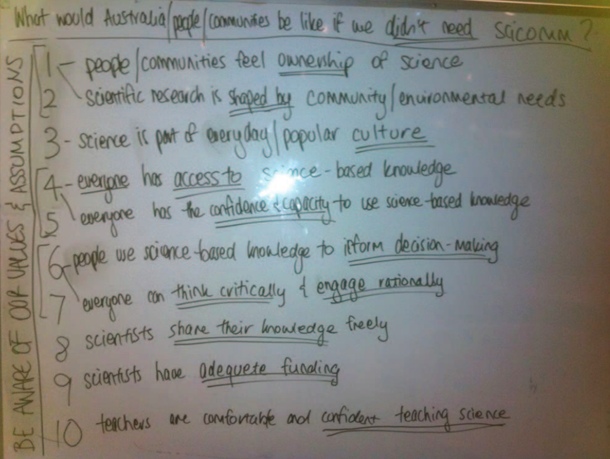Some of the great challenges (wicked problems) of our time rely on our decision-makers having access to the right science, engineering or technical information, at the right time. Setting aside the political realm, most decisions are made at an Executive or Board level.
In my experience (and practice) there are specific needs for this audience when discussions involve scientific and technical complexity. There can be challenges (and opportunities) based on timing, access, culture and even alignment that need to be overcome.
I’ll draw on a couple of real life scenarios from these rooms (with the names removed) and use them to draw out some lessons learnt and a framework to share into the sector to enable better uptake of science into decision-making processes.
What will participants gain from attending your session?
Open people’s eyes to what these audiences need; a framework for considering if and when science will have impact at the Board and Executive level.
Presenter
Anthony Boxshall, Principal & Founder, Science into Action
When: Wednesday 19th February, 2:40pm-3:25pm
Where: Room G02, Learning and Teaching Building, 19 Ancora Imparo Way, Clayton
Hashtag: TBC



















